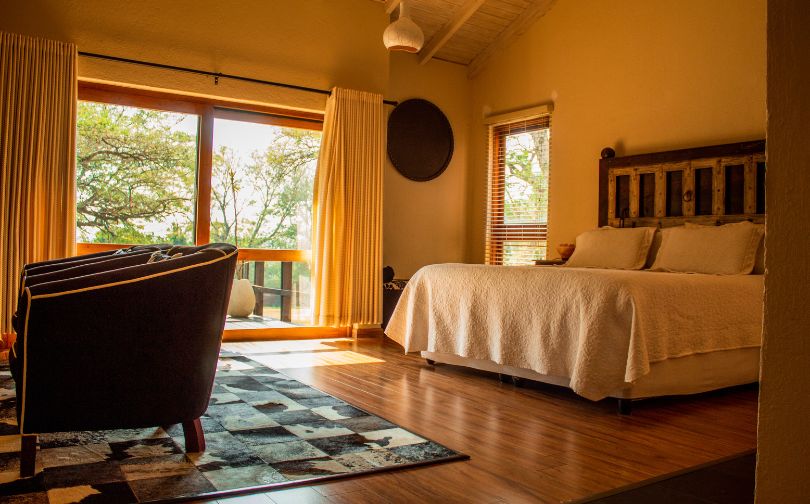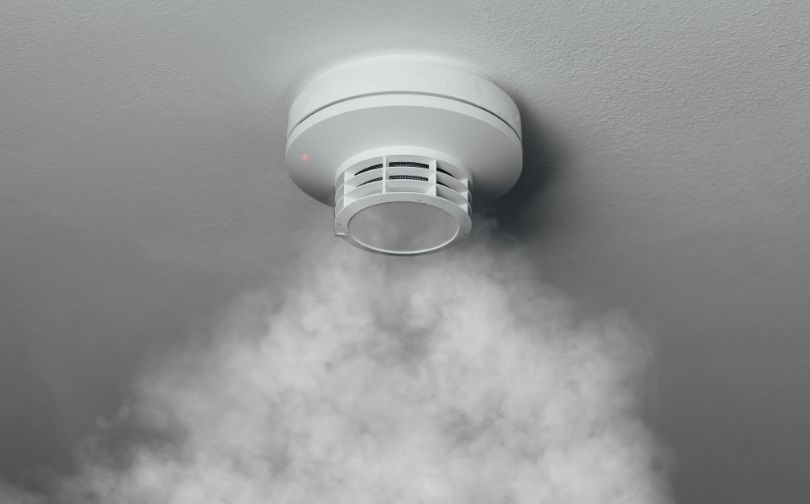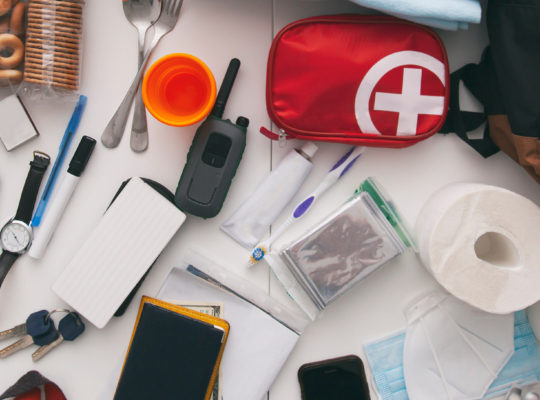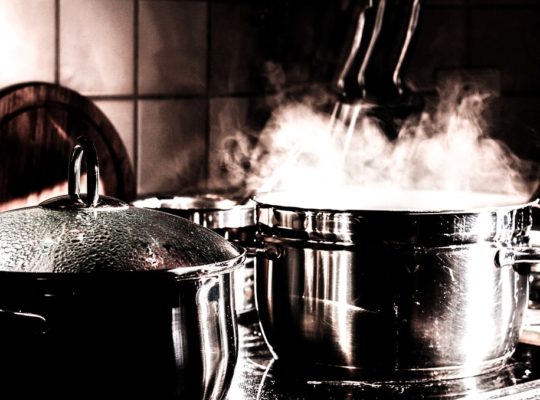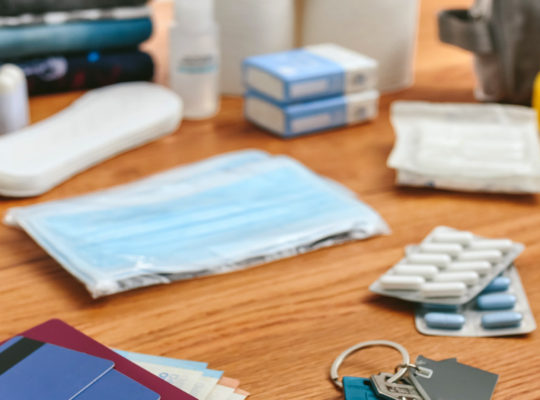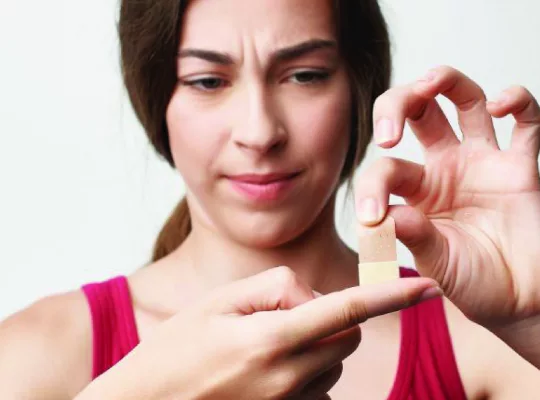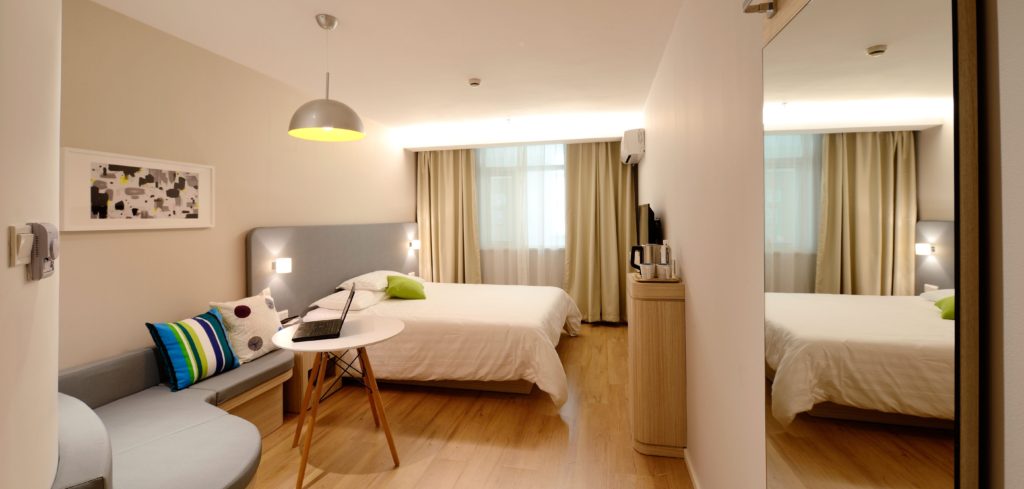
When booking an Airbnb, safety is likely at the top of your list. But how can you know if your rental is truly secure? With various hosts and diverse locations, the safety level can change greatly between properties. Missing smoke alarms, limited security measures, or even unfamiliar neighborhood risks can turn an otherwise relaxing stay into a source of worry.
In fact, a recent survey found that nearly one in five travelers felt their Airbnb was less secure than expected. This can make anyone pause before booking.
In this guide, we’ll cover practical steps to help you assess the safety of any Airbnb you’re considering.
Is Airbnb Safe?
Airbnb, a widely-used platform for short-term rentals, provides unique accommodations and experiences across the globe. However, while it offers convenience and variety, it’s essential to understand both the safety measures in place and the potential risks involved.
Safety Concerns
Airbnb has faced criticism for a variety of safety issues. Here are some of the primary concerns associated with the platform:
Scams and Fraud: Fake listings and hacked accounts are notable concerns on Airbnb. These scams can result in significant financial losses for unsuspecting guests, as they may end up paying for properties that do not exist or do not match the listing details.
Hidden Cameras: There have been reports of hidden cameras in some Airbnb rentals, creating serious privacy risks. Although Airbnb prohibits unauthorized recording devices, enforcement can be challenging, leaving some guests vulnerable.
Unregulated Properties: Unlike hotels, many Airbnb properties are not subject to the same stringent safety standards. This lack of regulation can lead to situations where basic safety measures, like smoke detectors or carbon monoxide detectors, are missing.
Host Cancellations: Last-minute cancellations by hosts can disrupt travel plans and leave guests stranded. In some cases, these cancellations are due to legal issues related to unlicensed properties.
Safety Measures
In response to these concerns, Airbnb has implemented several measures to improve user safety:
Background Checks: Airbnb conducts background checks on hosts and guests in the U.S. and uses machine learning algorithms to monitor for suspicious behavior, adding a layer of security to the booking process.
AirCover Program: The AirCover program provides guests with a 24-hour safety line and a refund or alternative accommodation guarantee if the property does not meet advertised standards, offering peace of mind in case of unexpected issues.
Security Policies: Airbnb enforces policies prohibiting indoor surveillance devices and mandates that any outdoor cameras must be disclosed in the listing, helping to protect guest privacy.
Damage Protection: Airbnb’s Host Guarantee covers up to $3 million in property damage, ensuring that hosts have financial protection in case of accidental or deliberate damages.
Recommendations
While Airbnb is generally safe, users should take additional precautions to enhance their experience:
Read Reviews: Prior to booking, review past guest feedback and ratings to verify the host’s reliability and the property’s quality.
Verify Safety Features: Use Airbnb’s search filters to identify properties with essential safety amenities, such as smoke and carbon monoxide detectors.
Be Prepared for Emergencies: In the event of a safety issue, contact local authorities first, as they can often respond faster than Airbnb’s support team.
Even if you’re only using Airbnb for one night, not having basic safety features, such as smoke alarms could put you and your family at risk
Smoke Alarm Facts
- Properly installed smoke alarms save lives and protect against injury and loss due to fire.
- The fire death rate in homes with smoke alarms is 51% less than the rate for homes without.
- Having a working smoke alarm reduces one’s chances of dying in a fire by nearly half.
- An estimated 890 lives could be saved each year if all homes had working smoke alarms. (source)
First Aid Kits
Accidents that occur in your own home may not seem like a big deal because you know where everything is allowing you to calmly handle most situations, but when you find yourself in an unfamiliar environment, a small accident could turn into a high stress situation.
A First Aid Kit should be a travel essential because unpredictable accidents happen every day. You don’t want to waste time rummaging through your Airbnb to find a Band-Aid when you could just turn to your handy First-aid kit to find everything you need. There are even some compact kits that cost less than $10 that you can easily throw in your luggage and take with you anywhere.
8 Reasons Why You Should Have a First Aid Kit
Response when there is no responder – There is never a good place to get hurt but when help is out of reach, a first aid kit is your next best friend. You can’t always count on others to help so be prepared.
We only have so much blood – Scary but true. If your injury involves blood-loss, you only have precious seconds to get the necessary supplies to stop the bleeding. Keeping a first aid kit close by can provide the extra time you need to seek help.
Kids will be kids – You can count on kids getting hurt. Lack of experience or just plain recklessness all add up to someone getting hurt. Cuts, scrapes and burns are common injuries to expect so prepare a first aid kit with the appropriate supplies.
Cost savings – It is cheaper to clean a cut and put on a bandage than it is to travel to a clinic and seek first aid. First aid kits are designed to manage all types of injuries including basic cuts, scrapes and burns. Save yourself money and keep a stocked first aid kit close by.
Accidents are unexpected – Being prepared can reduce panic and provide the necessary aid. Always check your inventory monthly to make sure your first aid kit is ready to use when the unexpected takes place.
Time is of the essence – A first aid kit is just that; “First Aid”. Having one ready provides temporary aid until you can get help. No kit means no immediate help. Precious time to respond can mean further injury, life or death.
Small injuries can become big injuries – The longer you wait for treatment, the more severe your injury can become. Immediate treatment can reduce risk.
Peace of mind – Being prepared, doing the right thing and even being able to help others when injury occurs is reason enough to want a first aid kit close by. (source)
Accidents happen when you least expect them, and being prepared is the ultimate way to combat them. Next time you’re scrolling through Airbnb listings, you might want to do some safety item research before you choose to book.
So Which is Safer Airbnb or Hotel?
With the rise of Airbnb and other vacation rental platforms, many people wonder if they are a safer option than hotels. While both have their pros and cons, there are some key factors to consider.
Hotels are well-regulated and have established safety protocols in place. Airbnb’s can vary widely depending on the location and the host’s safety practices. You never really know who you are renting from in an Airbnb.
So, if you’re considering booking a vacation rental, make sure to read reviews carefully, ask questions, and use common sense. Ultimately, both hotels and Airbnb can be safe options, as long as you do your due diligence and take necessary precautions.
Conclusion
Safety in Airbnb rentals remains an essential consideration for travelers, especially when listings often lack regulated features found in hotels. Many Airbnb properties do not include basic amenities like smoke alarms, carbon monoxide detectors, or first aid kits, creating potential risks for guests.
Concerns around scams, hidden cameras, and last-minute cancellations highlight the importance of guest awareness. Despite Airbnb’s efforts to enhance safety through background checks and the AirCover program, some gaps remain, particularly regarding unregulated properties.
For added safety, travelers should verify safety features, carefully read property reviews, and stay prepared with essentials like a personal first aid kit. While both Airbnb and hotels offer safe options, performing these checks can make a crucial difference in creating a secure, stress-free experience for travelers.
FAQs
Are Airbnb Properties Equipped with Safety Devices?
Most Airbnb properties have safety devices like smoke and carbon monoxide detectors, but this isn’t guaranteed. To ensure these are present, check the listing details and message the host directly before booking. Always prioritize properties with clear safety device information to make your stay as secure as possible.
Is My Personal Data Safe on Airbnb?
Airbnb employs security protocols to protect your data when communicating and paying through the platform. Avoid sharing personal contact details or banking information outside the Airbnb site, as this maintains your data security. Staying within Airbnb’s channels also keeps you eligible for platform protections.
Can Hosts Have Security Cameras in Airbnbs?
Hosts may install security cameras in shared or public spaces, but they’re not permitted in private areas like bedrooms or bathrooms. Hosts must disclose any cameras in their listing, so review this section carefully before booking if you have privacy concerns.
What Are Common Safety Concerns with Airbnb?
Safety concerns with Airbnb include issues like last-minute cancellations, unlicensed or unverified listings, and lack of guaranteed safety measures in some properties. Research the property and reviews thoroughly before booking, and choose listings with detailed descriptions, responsive hosts, and solid guest reviews to minimize potential risks.

